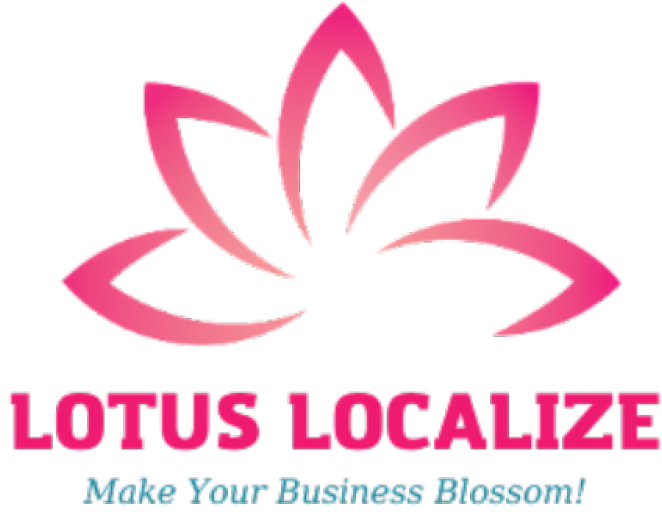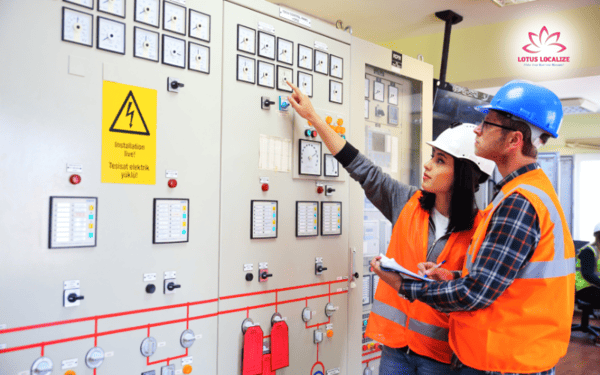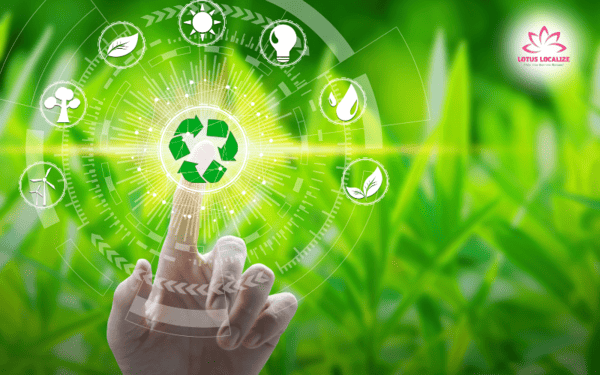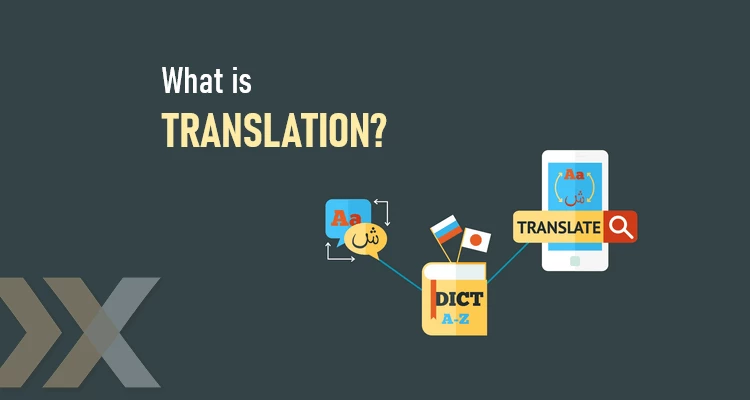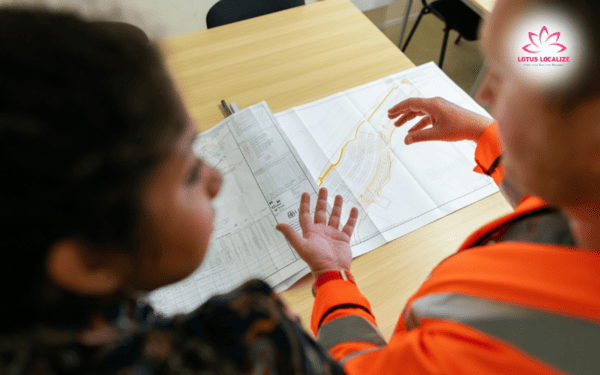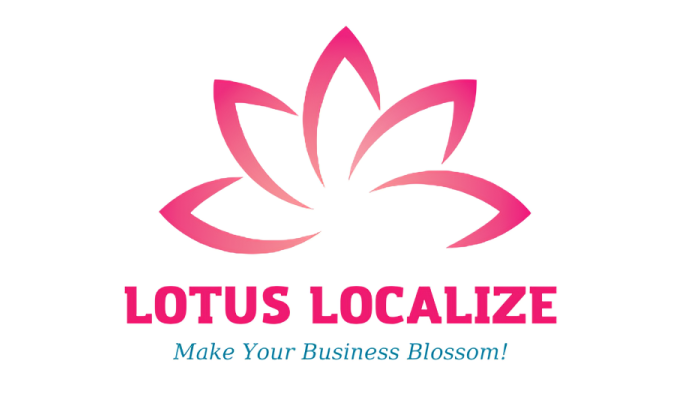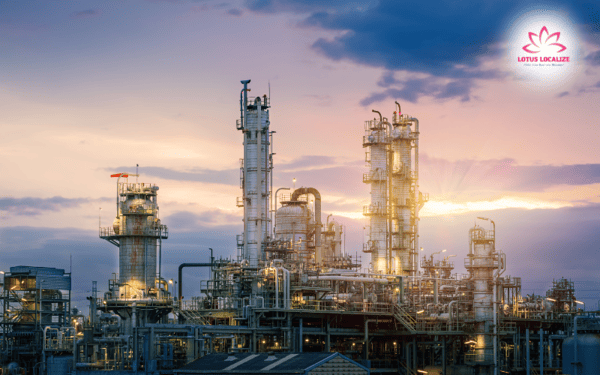
How petroleum engineering translation enhances safety and compliance in the oil industry
The oil and gas industry is a cornerstone of the global economy, driving energy production and technological advancements across continents. As operations span multiple countries, effective communication becomes a critical factor for success. In this multilingual environment, accurate translation is not just a necessity—it’s a strategic advantage. Among the various fields of technical translation, petroleum engineering translation stands out as a vital link connecting international stakeholders, ensuring clarity, compliance, and safety in every project phase.
Introduction to petroleum engineering translation
In the vast and interconnected world of the oil and gas industry, clear communication across borders is crucial for successful operations. As petroleum exploration and production extend across multiple continents, the need for accurate and reliable translation services becomes more significant than ever.

This is where petroleum engineering translation plays a vital role, bridging the gap between different languages and ensuring that technical documents, contracts, and safety protocols are understood precisely, regardless of the linguistic background of the stakeholders.
Petroleum engineering translation is a specialized field that focuses on translating technical documents, legal agreements, safety manuals, and training materials specific to the petroleum industry. The complexity and technical nature of petroleum engineering require not only fluency in the target language but also a deep understanding of industry-specific terminology and practices.
Read more: Marine engineering translation for seamless international projects
How translation drives success in petroleum engineering
Global operations in petroleum engineering are often spread across various countries with different languages and regulatory standards. Effective translation enables smooth communication and collaboration among international teams, contractors, and governmental bodies. Here are some key ways translation contributes to success in the petroleum sector:
Facilitating global projects and seamless collaborations
Major oil and gas projects often involve multiple stakeholders from various linguistic backgrounds. Accurate translation ensures that everyone is aligned with project goals, technical specifications, and safety protocols.
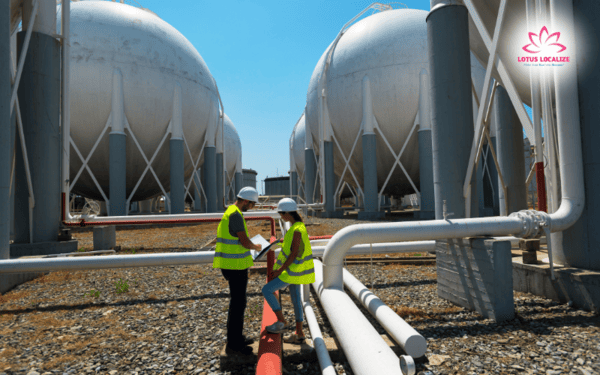
Ensuring compliance with international standards and regulations
The petroleum industry is heavily regulated, with strict guidelines on safety, environmental protection, and operational standards. Translation helps companies adhere to these regulations by providing clear and accurate documentation in multiple languages. This is particularly crucial in engineering document translation, where even minor errors can lead to significant consequences.
Overcoming language barriers in multinational operations
Multinational teams are a norm in petroleum projects. Translation helps bridge communication gaps, reducing misunderstandings and enhancing cooperation in multilingual oil and gas projects.
Ultimately, effective petroleum engineering translation not only facilitates operational efficiency but also minimizes risks and fosters trust among all parties involved. By ensuring clear and precise communication, companies can successfully navigate the complexities of international projects and achieve their goals in this highly technical and regulated industry.
Key documents that require petroleum engineering translation
The oil and gas sector is driven by a range of highly technical and legally binding documents. Accurate translation of these materials is essential for smooth operations and regulatory compliance:
- Technical documentation: Drilling manuals, exploration reports, safety guidelines, and geophysical survey analyses are critical in petroleum engineering. Any error in translation can lead to operational risks and costly mistakes.
- Contracts and legal agreements: The petroleum industry involves numerous legal agreements, including lease contracts, joint ventures, and regulatory compliance documentation. A minor error in interpreting legal terms can lead to significant financial and legal consequences.
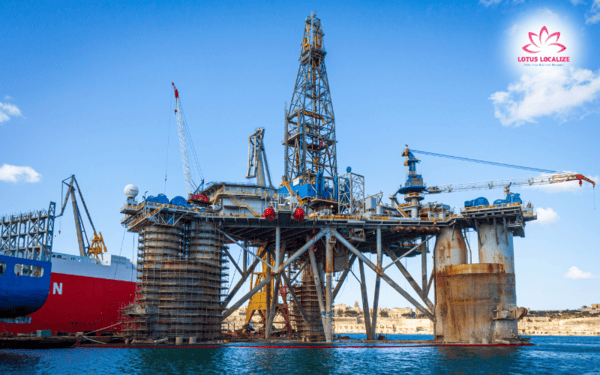
- Health, safety, and environment (HSE) reports: HSE guidelines are pivotal in maintaining safety standards and preventing environmental hazards. Translating these reports accurately helps ensure that safety procedures are universally understood and followed.
- Training and operational manuals: Effective training materials ensure that employees understand the proper operation of complex machinery and adhere to safety regulations. Translating these manuals accurately reduces the risk of accidents and boosts productivity.
Read more: Chemical engineering translation: Bridging science and language for global innovation
Common difficulties in petroleum engineering translation
Despite its importance, petroleum engineering translation is not without challenges:
- Managing technical terminology and industry-specific jargon: Petroleum engineering is laden with highly technical terms that require precision in translation. Misunderstanding a term can result in operational errors or safety hazards. This is where technical translation for petroleum industry experts are invaluable.
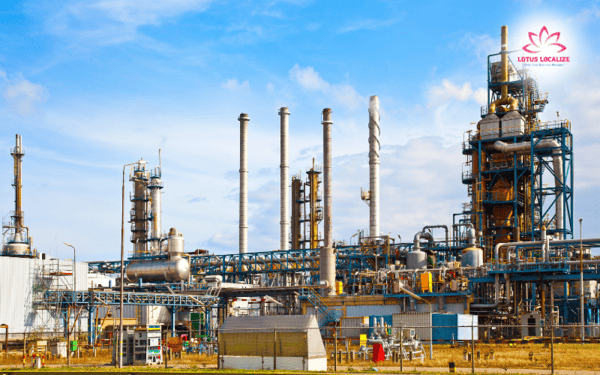
- Maintaining consistency across diverse documentation: Large-scale projects generate massive amounts of documentation. Ensuring consistency in terminology and phrasing across these materials is essential for clarity and compliance.
- Adapting content to meet local regulations and cultural differences: Every region has its own regulatory standards and cultural expectations. Effective translation must consider these nuances to prevent misunderstandings and legal issues.
Overcoming these challenges requires skilled translators with deep industry knowledge, rigorous quality control processes, and the use of advanced translation tools. By addressing technical accuracy, consistency, and cultural adaptation, petroleum engineering translation can effectively support safe, compliant, and successful global operations.
Best practices for effective petroleum engineering translation
To overcome these challenges, here are some best practices that enhance the quality and reliability of petroleum engineering translations:
- Collaborating with industry-specialized translators: Professionals with experience in petroleum engineering are better equipped to understand the complex terminology and nuances of the industry.
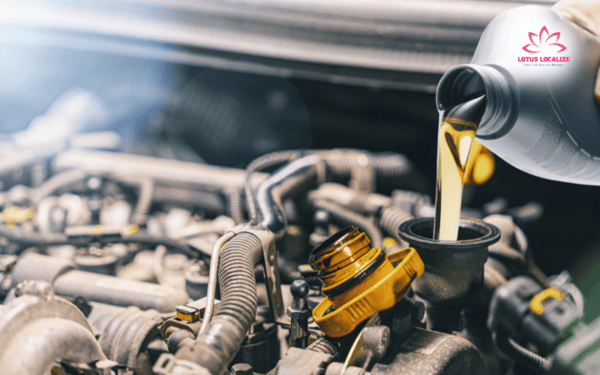
- Implementing quality assurance (QA) for accuracy: Rigorous QA processes, including proofreading and consistency checks, help eliminate errors and ensure high-quality translations.
- Utilizing technology like CAT tools for consistency: Computer-assisted translation (CAT) tools help maintain consistency across large volumes of text, ensuring that technical terms are translated uniformly.
By following these best practices, companies can achieve precise, consistent, and culturally appropriate translations that support operational safety and regulatory compliance. Leveraging specialized expertise, thorough quality assurance, and advanced technology ensures petroleum engineering translation meets the highest standards necessary for successful global projects.
The petroleum industry operates on a global scale, where clear and accurate communication is non-negotiable. Petroleum engineering translation ensures that technical, legal, and safety documents are correctly understood by all stakeholders, minimizing risks and enhancing cooperation.
Partner with lotus-localize.com for expert petroleum engineering translation services that ensure accuracy, compliance, and seamless communication across your global oil and gas projects. Contact us today to elevate your international operations!
Investing in professional petroleum engineering translation is not merely about language conversion—it’s about ensuring safety, compliance, and successful global operations.
If you have any questions or need assistance with document translation services for many industries: life sciences translation, education translation, technology translation, financial translation, marketing translation, manufacturing translation, government translation,… and interpretation services: escort interpreting, simultaneous interpretation, remote interpretation, and localization services: software localization, game localization, app localization,… please contact Lotus Localize immediately at +84 866 224 968 or visit the website: lotus-localize.com for advice on the best solutions!
QUALITY PROMISE
Lotus Localize offers consistent, high-quality service delivery in all customer engagements. Our in-house translators and staff adhere to well-established business processes, allowing us to communicate properly, deliver on time, and surpass client expectations.
